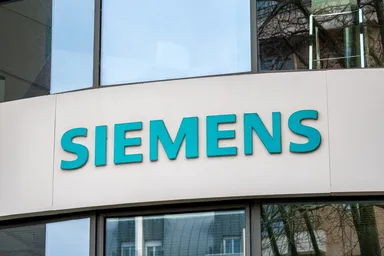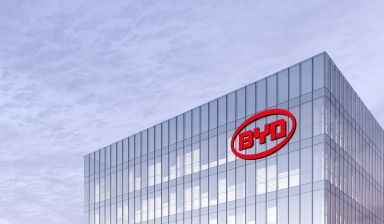Abbott Company profile
Trade Abbott Laboratories (ABT) CFDs
Abbott Laboratories (ticker: ABT) is a publicly traded company listed on a major stock exchange and available to trade as a contract for difference (CFD) on Capital.com. With CFDs, you can speculate on the price movements of Abbott Laboratories without owning the underlying shares. This means you can trade in either direction – rising or falling – depending on your outlook.*
Traders often follow the Abbott Laboratories stock price today to stay informed about short-term market movements.
*CFDs are traded on margin, leverage amplifies both profits and losses.
Abbott Laboratories price today
The share is quoted in $ and is currently trading around 114.82. This reflects the current Abbott Laboratories stock price available on the market.
Live price overview
Here’s an overview of the current Abbott Laboratories stock price and its recent trading ranges.
- Daily range: 113.72 – 115.87
- Daily movement: +0.11 (+0.096%)
- Weekly range: 111.05 – 115.87
- Monthly range: 105.21 – 115.87
- Yearly range: 105.21 – 140.94
Why trade CFDs on the price of Abbott Laboratories stock with Capital.com?
Capital.com provides a technology-driven trading experience that supports informed decision-making.
Advanced charting & analysis
Use interactive tools to study the Abbott Laboratories stock price chart in detail.
- Access 100 technical indicators
- Choose from 12 chart types
- Analyse fast, intuitive charts powered by industry-leading tools
Wide market offering
Join over 817,000 global traders and explore more than:
- 4,000 stock CFDs
- 60 commodity CFDs
- 30 index CFDs
- 120 forex pairs
Powerful, user-rated platforms
- TradingView rating: 4.8
- App Store rating: 4.7
- Google Play rating: 4.6
- Trustpilot score: 4.6
What influences the price of Abbott Laboratories?
The Abbott Laboratories (ABT) stock price may be influenced by a range of factors, including:
- Company earnings and financial performance
- Sector trends and industry developments
- Macroeconomic conditions, interest rates, and market sentiment
- Regulatory or geopolitical events affecting the company
- Broader stock-market volatility
These factors can increase price movement in either direction, which can create potential opportunities and potential risks for CFD traders.
Abbott Laboratories stock forecasts
Abbott Laboratories stock forecasts often draw on recent news, company updates, and broader market trends rather than fixed price targets. Traders may combine fundamentals with technical analysis to interpret this information. However, forecasts are often inaccurate and past performance is not a reliable indicator of future results.
Instead of relying on a single forecast, many traders monitor ongoing analysis and real-time data to respond to changing market conditions.
How to trade Abbott Laboratories share CFDs
Trading share CFDs does not involve purchasing or owning the underlying stock. Instead, you speculate on price direction using leveraged instruments:
- Go long (buy) if you expect the price of Abbott Laboratories may rise
- Go short (sell) if you think the price may fall
CFDs allow magnified exposure through leverage, but leverage also magnifies losses, so it is important to manage risk carefully.
Risks of trading share CFDs
CFD trading carries a high level of risk and is not suitable for all investors. Key risks include:
- Market volatility: Prices can move quickly and unpredictably
- Leverage risk: Both profits and losses are amplified
- Funding costs: Overnight positions may incur adjustments
- No ownership: CFDs don’t provide shareholder rights or dividends
Before trading, consider whether you understand how CFDs work and whether you can afford to take the high risk of losing your money.
Latest shares articles



